Description
Sinohe, the Pharaoh-specific physician written by Micah Valtari, is one of the most memorable works of world literature, and its survival dates back to Valtari’s meticulous and detailed storytelling, which takes you back 3,300 years and opens the doors of Akhenaten’s court to you.
The wonderful and famous novel of the Egyptian physician (The Egyptian) is one of the best and most accurate works related to ancient Egypt, and by reading this novel, you will not only follow the life story of a genius doctor, but also get acquainted with the life of the people in those days.
This book will take you on an imaginative journey that you will never forget. If you are interested in history and if you want to forget yourself and your life for a few hours in the pages of an exciting story, Sinohe is the best choice for you.
Sinohe is the name of the main character of the story, who becomes the wisest doctor of his time in adulthood and also becomes the special physician of Pharaoh.
Sinoheh is placed in the Nile River by her real parents as a baby, and a poor couple takes her in a wicker basket of water and raises her as their child since they have no children.
Sinohe’s father is a physician and encourages Sinohe to acquire knowledge. The main character of our story, who is now a young and optimistic doctor, falls in love with a beautiful and cunning woman.
This acquaintance changes the course of Sinohe’s life forever. In order to win the heart of his mistress, this young doctor gives only the property of his parents, namely their grave, to this cunning woman.
This tomb had a very deep meaning for the ancient Egyptians, and by doing so, Sinohe actually forgave the hereafter and the salvation of his parents.
Sinohe, who has now betrayed his parents, is also abandoned by his mistress, and this incident leaves deep wounds on his heart and soul.
This event and its aftermath fill Sinohe’s path with bitter experiences, but ultimately elevate him to the highest possible position and he becomes one of the most important figures in Pharaoh’s court.
Why should we read Sinohe’s novel?
This work is one of the most famous literary works in the world and gives you a lot of information about the history of ancient Egypt.
Sinohe’s novel is of great historical value, so much so that many Egyptologists began to admire it in 1945 when the book was published.
Apart from all this, even if you are not interested in history, you will communicate with the main character of the story of his mistakes and decisions, and Mika Waltar will accompany you to the end of Sinohe’s amazing destiny with a powerful pen.
A cinematic adaptation of the novel Sinoheh, the special physician of Pharaoh:
As mentioned above, this book has an interesting and ups and downs story, and this has led many filmmakers to pay attention to this valuable work.
One of the most famous is a film called Sinohe or Egyptian directed by Michael Curtis. The film was made in the United States in 1954, which unfortunately is not as attractive as the book, but for cinema lovers it can be a different experience.
There is another adaptation that is more familiar to Iranians. Farjollah Salahshour, the director of a well-known Iranian name, has used the adventures of this novel to make the series Hazrat Yousef, and Sinoheh’s character is also present in this series for a short time in order to pay homage to this novel.

Part of the text of Sinoheh’s book
In those days in the city of Thebes higher education was in the hands of the Ammonite priests, and it was not possible for him to study without their permission to obtain important positions.
As everyone knows, hospitals, cemeteries, and religious schools for high-ranking priests were housed inside the temple walls for many years.
It was understandable that the faculties of mathematics and astronomy should be ruled by priests.
But as the business and judicial periods unfolded, suspicions grew in the minds of the educated classes that the priests were interfering in matters pertaining to Pharaoh and the tax administration.
No new initiative was really necessary in joining the ranks of lawyers and merchants, but because the Temple of Amun ruled at least one-fifth of the land of Egypt.
And naturally controlled by trade, those who wished to become high-ranking merchants or enter the government apparatus realized that it was wise to be educated at the lowest priesthood level and qualified to establish themselves as faithful servants of Amun. To prove.
Before I started my studies in the hospital, I had to pass the entrance exam for the lowest priesthood level in the Faculty of Theology. Passing this exam took more than two years
Because at the same time I had to accompany my father in treating his patients and gain information from his experience that I could use in my future job. I used to live at home, but I had to attend lectures every day.
They were always barred from studying in hospitals, whether in Thebes or in other parts of Egypt.
Review of Sinoheh’s book
Ancient Egypt is a wonderful land in the minds of most people.
A land that, if there were no surviving historical monuments, could be thought to belong to legend.
Micah Walter’s book invites us to travel to this legendary land.
This book depicts the history and culture of Egypt well, and if you are interested in anthropology and history, reading Sinohe will surprise you.
Sinuhe; Pharaoh’s physician from ancient Egypt
Sinuhe egyptiläinen (The Egyptian) is a historical novel first published in 1945 in Finnish.
In 1949, Naomi Walford translated it into English and it has been translated into 41 languages.
The book of Sinohe, the special physician of Pharaoh, is the narration of the life of the special physician of Pharaoh and the reign of “Akhenaten” in his own language. Akhenaten is the first monotheistic Egyptian pharaoh to rule from 1353 to 1336 BC.
Sinohe wrote this narration while in exile.
He is a figure who is closely associated with both the aristocracy and the lower classes of Egyptian society and narrates the cultural and social relations and beliefs of all of them.
He has not been in Egypt all his life and has traveled to many lands. In this book, the reader gets acquainted not only with the culture and civilization of ancient Egypt, but also with the people of regions such as “Babylon”, “Syria”, “Hittite” and “Mitani”.

Who was Sino? Myth or reality?
About the answer to these questions, is Sinohe a real character or not? And that the story of Sinohe’s book is only the brainchild of a Finnish writer or is based on historical documents;
There is a lot of disagreement. Questions that depend on the more important question. A question that has remained unanswered for years.
Where was Sinohe’s book discovered?
The only historical document that indicates the existence of Sinuheh is a piece of writing called tale of sinuheh that was discovered in Sennedjem’s tomb.
In this narration, Sinohe is the courier and assistant of “Amen Hotp I”, the founder of the twelfth dynasty of ancient Egypt, who later left the east of Egypt with the primitive tribes and returned to Egypt in the last years of his life.
The tale of sinuhehe is considered one of the best literary works of ancient Egypt.
In the introduction to Dr. Ahmad Behpour’s translation of the book, it is stated: “Nothing was known about whether Sinoheh was a real or a mythical figure.
“Perhaps he is like Yil Sistan, from whom the great Ferdowsi made ‘Rostam Dastan.’
“Hossein Bateni” translated this book 95 more times in the year.
What emerges from the introduction to his book is that Batini believes that Sinohe really existed and wrote this narrative.
He has also published excerpts from the hieroglyphic document in his book.
But what emerges from the general theories of critics seems to be that much of this story is made up by Mika Walter’s mind. However, it is not possible to comment on this with certainty and the judgment should be left to the audience.
About the author of Sinohe: Mika Walter
Mika Walteri is a Finnish writer and journalist. He was born on September 19, 1908 in Helsinki, the capital of Finland.
Walter studied philosophy at university and went to France after graduating, where he worked in the press.
He has spent most of his career writing historical novels, although his writings are seen as a mixture of reality, myth, and the author himself.
Mika Walter was a prolific writer throughout her life, including crime novels, screenplays, travelogues, short stories, and poetry. The Egyption is the author’s first novel and most famous work.
Walter’s salary for writing Sinohe’s book was so high that he no longer needed to write for the rest of his life.
Sinohe’s book was published in various countries, and Walter was later invited to many countries to speak about it.
But he turned down all these invitations because he could not speak English well. He said he did not want to disappoint readers of his book.
Mika Walteri even turned down an invitation from then-Egyptian President Gamal Abdel Nasser to visit Egypt and the attractions he wrote about in his book, saying he rejected the invitation because he did not want to imagine Egypt in the face of a new Egypt. Break it down as he wrote in his book.
The most famous and detailed book about Egypt was written by someone who has never traveled to Egypt.
The novels “Michael the Physician of Sultan Salim”, “The Black Angel”, “Roman Mark” and “The Overthrow of Constantinople” are some of the other books written by Walter after Sinohe.
Mika Walter won the National Prize for Literature five times in 1933, 1934, 1936, 1949 and 1953.
He was also awarded the pro finlandia medal in 1952.
Walter’s 100th birthday was celebrated with a photo of him on a € 10 commemorative coin, indicating that he played an important role in Finnish literature.
In fact, Walter is the most famous Finnish writer in history who died in his hometown at the age of 70.
1- Introducing the book on YouTube
2- Introducing the book in Aparat

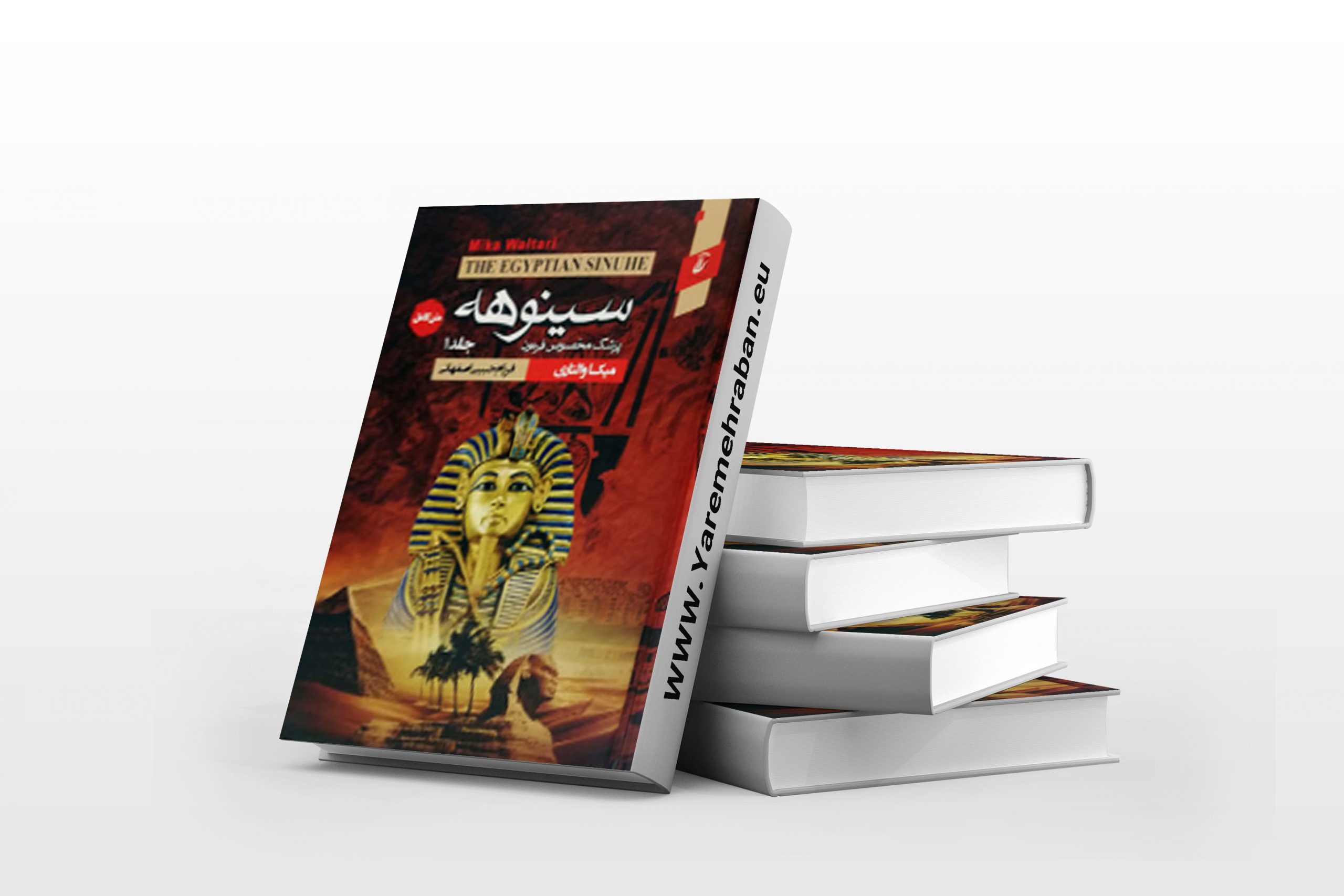
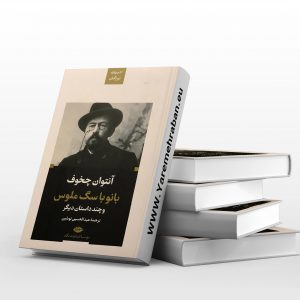
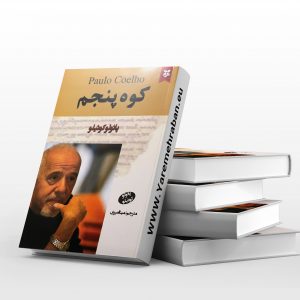
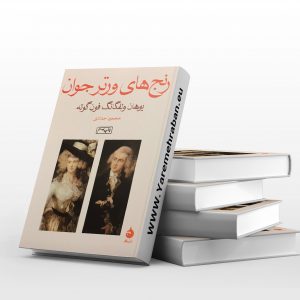

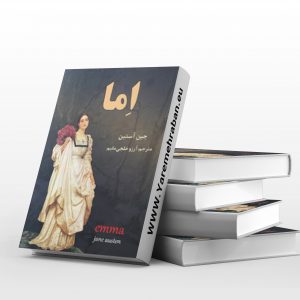
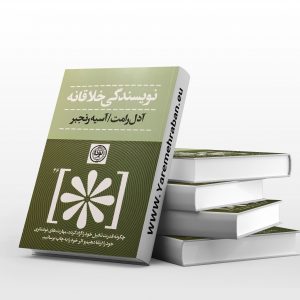
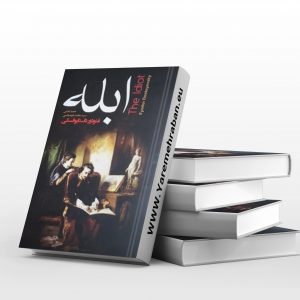

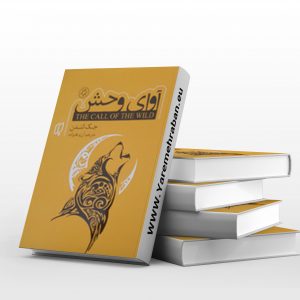

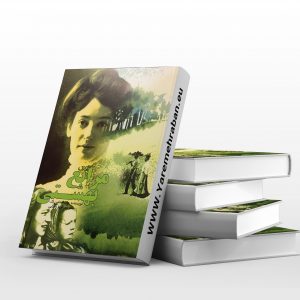
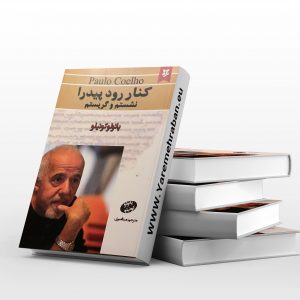
Reviews
There are no reviews yet.